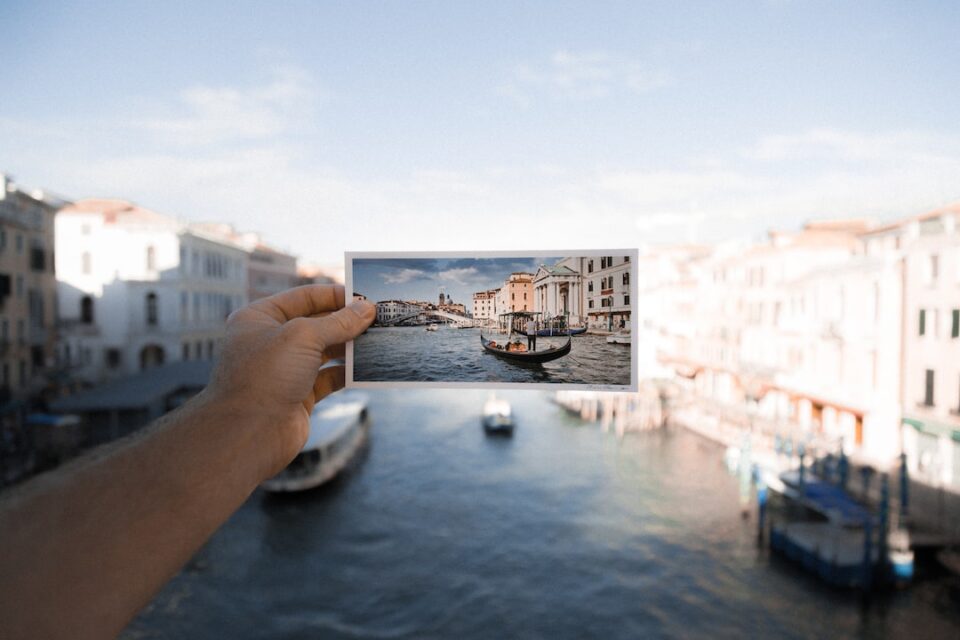Throughout history, religion and politics have always had an intertwined relationship. It can be argued that religion played a significant role in shaping politics, and politics also influenced religion. The relationship between religion and politics is complex and multifaceted, often controversial, and sometimes has led to conflicts and tension.
Religion and politics both affect people’s lives in many ways, and it is impossible to separate one from the other entirely. In many countries, religion has a significant influence on government policies and laws, shaping the political landscape. In contrast, political ideologies and affiliations often influence how people practice their faith, view religious institutions, and interpret their sacred texts.
One way in which religion and politics intersect is through moral values and beliefs. Most religions have moral and ethical codes that dictate what is right or wrong, just or unjust. These codes often conflict with secular laws, and as a result, individuals often bring their religious beliefs into the political arena. This can be seen, for example, in the debate over abortion and same-sex marriage, which often pits religious beliefs against secular laws.
Another way in which religion and politics intersect is through the idea of power. In many societies, religious leaders hold considerable power, often rivaling or even surpassing that of political leaders. This is especially true in countries with a theocratic form of government, such as Iran and Saudi Arabia, where religious leaders influence government policies and decisions. Conversely, political leaders also seek to gain the support of religious institutions, recognizing that religious beliefs and values can be a powerful tool in winning elections and securing public opinion.
Religion and politics also intersect in terms of social justice, equality, and human rights. Many religious institutions advocate for social justice and human rights as part of their faith, and therefore, advance a political agenda. For example, the Civil Rights Movement, led by religious figures such as Dr. Martin Luther King Jr., pushed for equal rights for African Americans, and their religious faith inspired them to act on behalf of the marginalized and oppressed.
However, religion and politics can also intersect in negative and dangerous ways. When religious beliefs are used to justify discrimination, intolerance, and extremism, it can lead to conflicts and violence. This is exemplified by terrorism carried out by extremist groups claiming religious justification for their actions. Additionally, when the government interferes with religious beliefs and practices, it can lead to violations of human rights.
In conclusion, religion and politics are inextricably linked, and understanding the intersection between the two is crucial. While religion can be a powerful force for good, it can also lead to conflict and intolerance when used to justify political agendas. Similarly, while politics can advance social justice and human rights, it can also suppress religious freedom and infringe upon sacred beliefs. The relationship between religion and politics will continue to be complex and multifaceted, necessitating ongoing dialogue and cooperation between these two essential aspects of human society.

